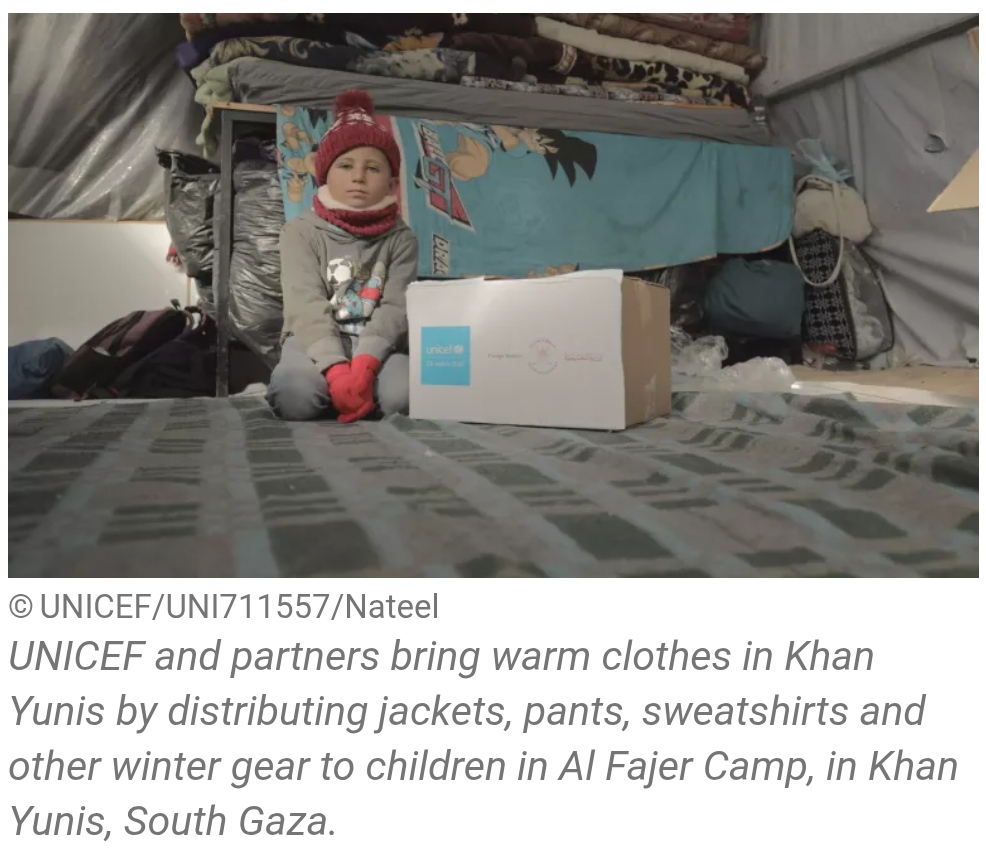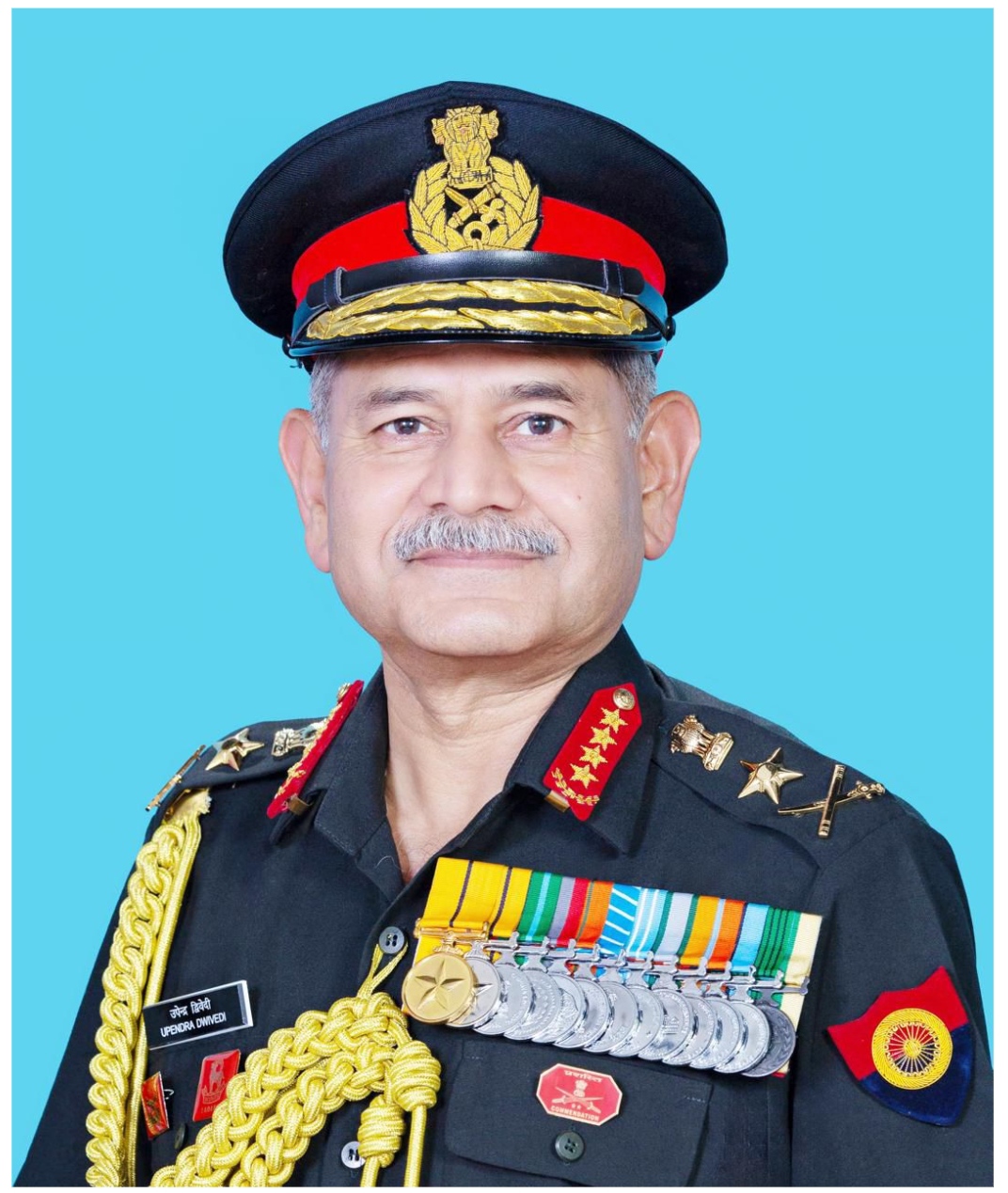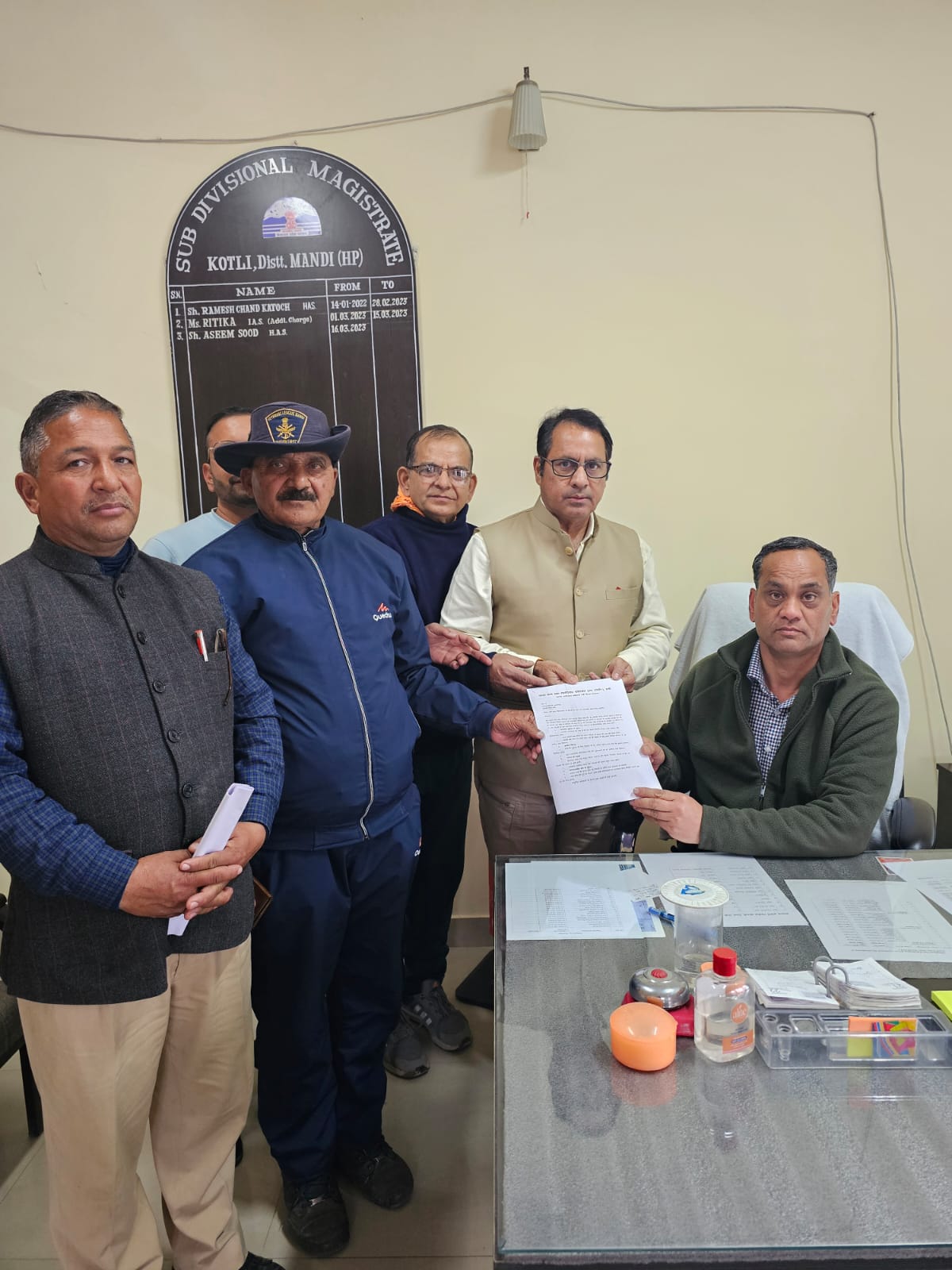UNICEF Intensifies Humanitarian Aid Distribution to Gaza Strip Amid Ceasefire, Urges Continued International Support.
NEW YORK:
In response to the ongoing humanitarian crisis in the Gaza Strip, UNICEF has significantly ramped up its efforts to deliver vital aid to children and families affected by the conflict. In the first week of the long-awaited ceasefire, more than 350 trucks carrying essential supplies, including water, hygiene kits, malnutrition treatments, warm clothing, and tarpaulins, have entered Gaza through crossing points at both its northern and southern borders.
With over 2 million people in Gaza, half of whom are children, facing severe shortages of basic necessities such as safe water, food, sanitation, and medical care, the humanitarian situation remains dire. The destruction of critical infrastructure, including schools, hospitals, and homes, has left many in desperate need of support. UNICEF’s immediate priority is to address the most urgent needs of children, ensuring access to water, nutrition, and health services.
Catherine Russell, UNICEF’s Executive Director, emphasized the gravity of the situation, stating, “Our teams are working around the clock to scale up desperately needed humanitarian assistance, especially in areas not reached before the ceasefire due to operational challenges or restrictions. The ceasefire has provided some relief, but families are returning to areas that have been completely destroyed. Physical and emotional scars run deep.”
Despite the ceasefire providing a temporary respite, UNICEF highlights that it is not enough to alleviate the ongoing suffering of children in Gaza. The scale of destruction and the collapse of essential services demand continued international support. UNICEF is urgently calling on the global community to provide the financial resources needed to sustain and expand these relief efforts.
In the first phase of aid distribution, UNICEF aims to deliver 50 trucks of supplies daily, with hundreds of pallets of pre-positioned aid at Gaza’s borders. The distribution will focus on items identified as most urgent by local communities and humanitarian partners. This includes not only food, water, and shelter, but also critical services such as mental health and psychosocial support (MHPSS), immunization, and malnutrition treatments.
UNICEF is particularly focused on providing vaccines to prevent disease outbreaks and supporting hospitals, especially in northern Gaza, to boost their capacity, particularly in neonatal units. Water and sanitation services are also being enhanced, with UNICEF working to raise awareness about the risks of unexploded ordinance and family separation.
Child protection remains a top priority, with UNICEF working to reach families with services that ensure their safety and well-being, including access to education for school-aged children. UNICEF also welcomes the recent release of 12 children, as young as 15, from detention in Israel, reiterating its call for an end to the detention of children and urging the release of all remaining hostages from Gaza, including the two children still held.
Russell stressed the importance of sustained aid efforts, stating, “This ceasefire offers a window for initial recovery that we hope paves the way for longer-term peace. It is critical that the renewed flow of aid is sustained and that humanitarians are assured safe and unimpeded access to help meet the huge level of need.”
UNICEF continues to call on the international community to prioritize the needs of children in the recovery efforts and to ensure that humanitarian agencies are well-funded and that humanitarian corridors remain open and secure. The organization is urging all parties to uphold the ceasefire and their obligations under international law to protect the rights of children and ensure their safety and well-being.
The ongoing crisis in Gaza underscores the urgency of comprehensive and sustained international action to address the immense needs of children and families in the region.




